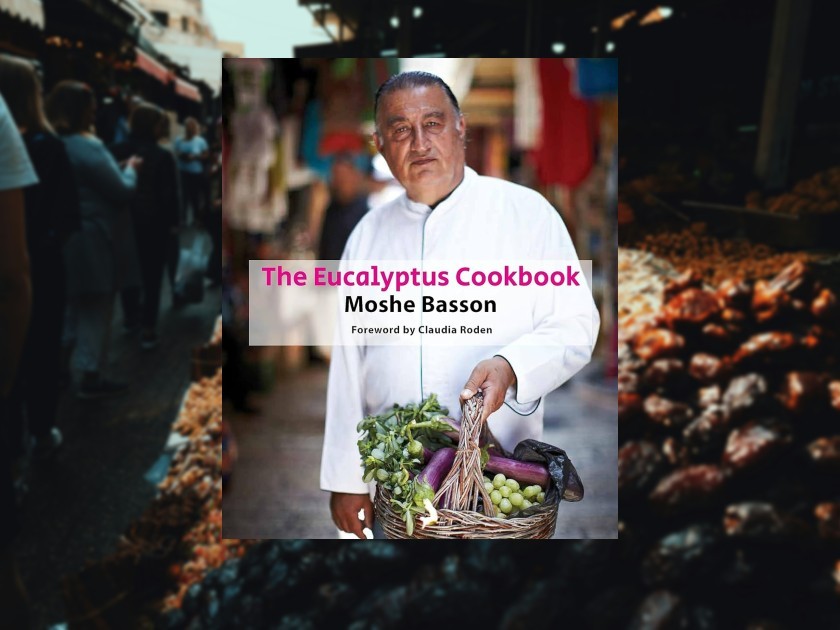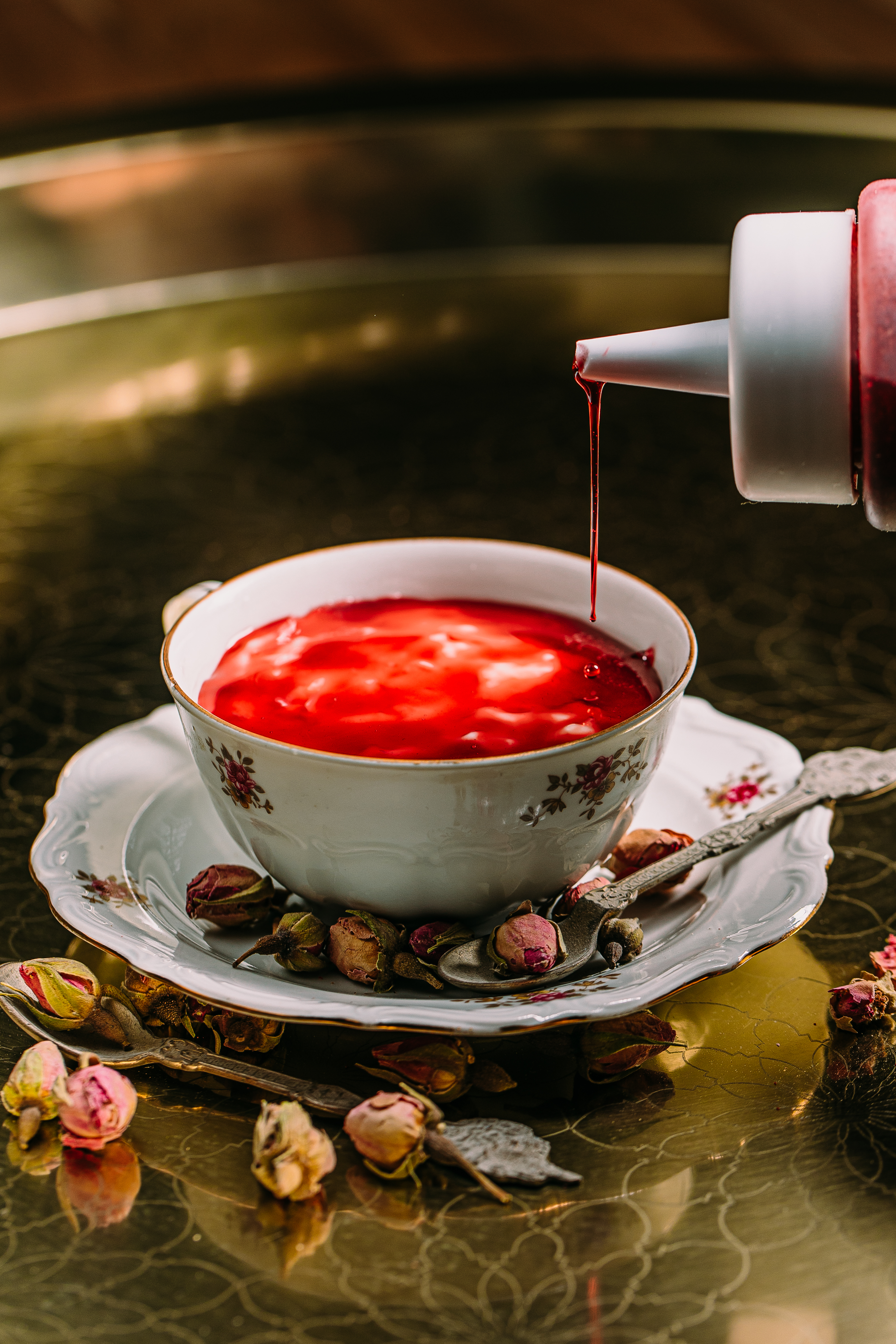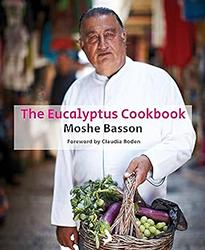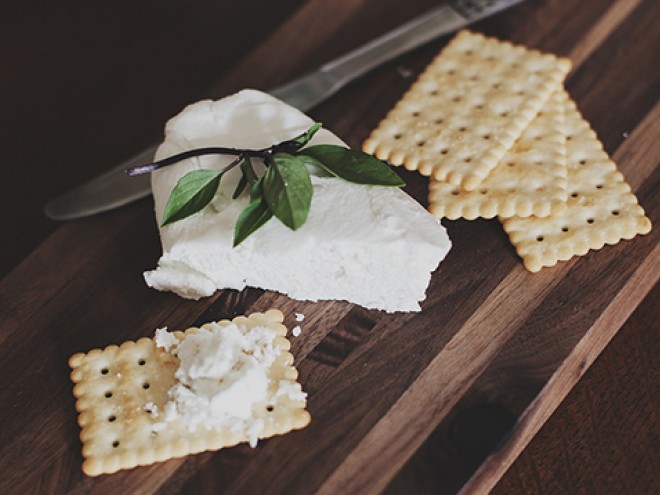
Almond Milk Malabi
Ice from Paradise
As a soldier on the Egyptian frontier in the Sinai Peninsula, I had the privilege to view the remains of a Greek temple located amidst salt marshes. The pudding described in this recipe is an opaque white and indeed resembles the salt marshes. Those marshes or mud gave the City of Pelusium, or The City of Mud, its ancient name, and consequently this dessert’s original name, balouza, the Arabic pronunciation of Pelusium.
I was always intrigued by the way the ancient world is portrayed in hidden gems in our current, everyday life. The tell-tale signs remain in the names of places, foods, and of everyday objects, but for most people the origin is long forgotten. Balouza is a perfect example.
This dessert was adapted from a balouza recipe by Claudia Roden. Balouza (aka Pelusium, the City of Mud) was an ancient Greek city on the eastern bank of the Nile, where linen (linum Pelusiacum) was the principal product. The word blouse is derived from the Arabic pronunciation of the Pelusian shirt.
It is also mentioned in the Mishna that the high priest wore pilusin — the best linen. One day I heard a shout in the dining room of the restaurant, Yaacht behasht! An American of Persian descent was calling out the Persian name in tears. She said it brought back the memory of her grandmother who used to prepare this dessert. In Persian, it is called ice from paradise.
Serves 6
For the pudding:
1⁄2 cup / 60 g cornstarch
3 cups / 750 ml almond milk (store bought or see recipe, page 222)
1⁄2 cup / 120 g sugar
3 drops rose water
6 tbsp / 90 ml water
For the syrup:
2/3 cup / 140 ml water
3/4 cup / 140 g sugar
3/4 cup dried hibiscus flowers, can be replaced with strawberry coulis
To make the pudding:
Combine the cornstarch with 6 3/4 tbsp / 100 ml of the almond milk and stir to a smooth paste. Pour the remaining almond milk into a medium saucepan and add the sugar, rose water, and water. Simmer on low heat and whisk to dissolve the sugar. Add the cornstarch mixture to the saucepan while stirring constantly, and bring to a boil. The mixture should thicken to a point that when a spoon is dipped, the pudding coat clings on. Remove from heat and pour into dessert cups. Place in the fridge for at least 2 hours.
To make the syrup:
Place the water, sugar, and hibiscus flowers in a small saucepan. Bring to a boil while stirring to dissolve the sugar. Reduce heat and cook for about 5 minutes. Chill and pass through a sieve. To serve, drizzle the syrup on top of the pudding.

Photo by Or Doga
Moshe Basson is an internationally-renowned Master Chef specializing in Modern Israeli-Biblical cuisine. Basson is the founder of The Eucalyptus restaurant in Jerusalem and an Israeli food historian. Utilizing his schooling in agriculture and passion for studying ancient script, Basson has incorporated into the restaurant’s kosher menu many dishes that are based on foods eaten for many centuries in this region.



